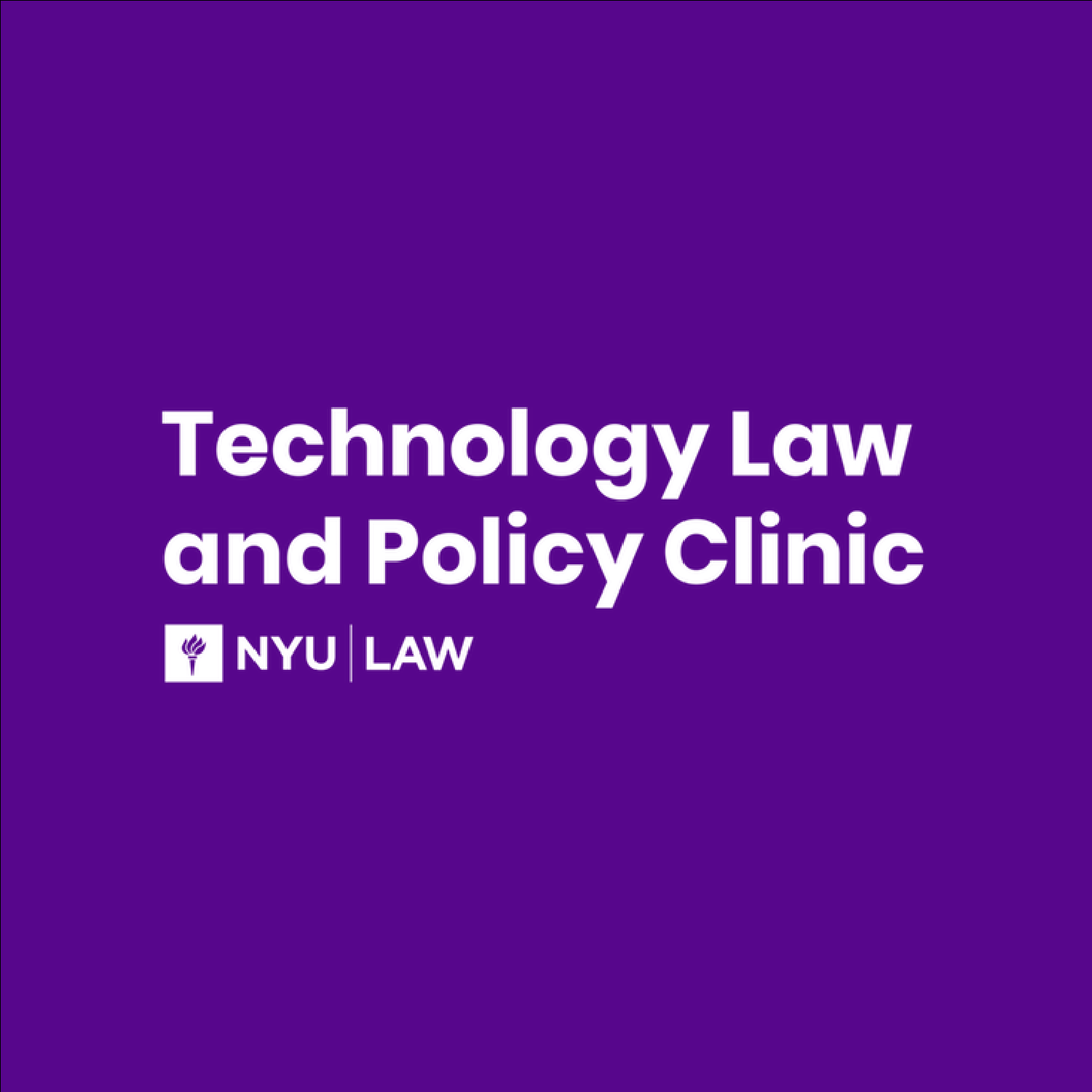NAACP to the D.C. Circuit: Nobody Should Have to Pay to Read the Law

By Annie Dorsen (‘24) and Nicola Morrow (‘23)
NYU’s Technology Law and Policy Clinic is connecting the dots between civil rights and copyright law. In an amicus brief drafted by two students in the clinic, Nicola Morrow and Annie Dorsen, the NAACP is arguing that access to information is a racial and economic justice issue. The case is a high-profile intellectual property dispute about whether technical guidelines found in municipal, state, and federal laws and regulations should be subject to copyright protections. If that sounds strange, it’s because we normally operate under the assumption that everyone has the right to know the law. But in ASTM v. Public.Resource.Org, several industry trade associations are challenging Public.Resource.Org’s unauthorized reproduction of allegedly copyrighted technical standards.
The technical standards at issue, which are drafted and published by industry “standards developing organizations,” range from playground safety guidelines to building codes. They are frequently incorporated by reference into law, meaning that legislatures and agencies don’t reproduce the text of the standards; they merely reference the standards by name. And that means that even though the standards are legally binding, anyone who wants to read them must pay to do so, by purchasing one of the trade organizations’ published versions. The cost can be tens or even hundreds of dollars per standard. Public.Resource.Org (PRO), a nonprofit organization devoted to facilitating access to government information, buys the standards and publishes them online for anyone to read, share, and learn from.
The standards developing organizations pushed back, claiming that PRO’s publication of the standards infringes on their copyright and diminishes their ability to continue to develop new standards in the future. PRO argues that their publication of the standards falls squarely within the fair use doctrine, since their purpose is to educate people about the law. As PRO writes, “[t]here is no better way to teach the law to the public than to provide the public with the law.” That argument prevailed in the lower court last year, and the standards developing organizations appealed, with arguments to be scheduled in front of the D.C. Circuit Court of Appeals in the spring of 2023.
A case like this might at first appear to be in the sole purview of copyright lawyers and open access advocates. Indeed, the case has attracted the attention of librarians, free speech advocates, and intellectual property scholars. But the case also has additional social justice implications.
The NAACP’s amicus brief clarifies the social, political, and economic stakes of the case. The brief highlights how enforcing copyright law in this case would place particular burdens on Black and low-income communities seeking to assert their legal rights.
For the NAACP and the communities it represents, the standards provide information critical to achieving social and political equality. Access to the law has a real practical significance for the NAACP: without such access, organizations like the NAACP cannot effectively pursue or realize their goals of equity, political rights, and social inclusion.
The NAACP’s Housing Navigators program, for example, connects tenants who are struggling to pay rent, battling with their landlords over uninhabitable conditions in their apartments, or facing eviction with volunteers who provide them with appropriate legal, financial, and informational resources. These volunteers, and the tenants they serve, have a right to know when a landlord has violated the law. Without free access to technical standards like building codes and fire safety regulations, tenants and volunteers might have to pay substantial sums out of their own pockets just to read a short technical document that may or may not contain the information they need.
In short, nobody should have to pay to read the law.
Thanks to the NAACP’s brief, researched and written by the Technology Law and Policy Clinic, the Court will be encouraged to consider the social justice ramifications of this copyright issue. Hopefully its decision will reflect an understanding of who suffers, and how, when the law is not free.
